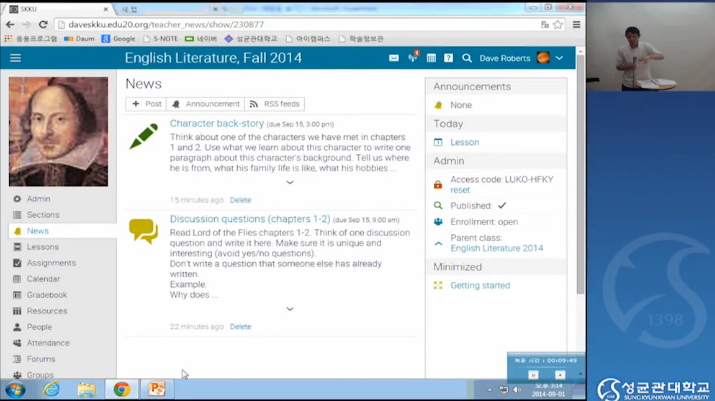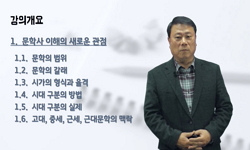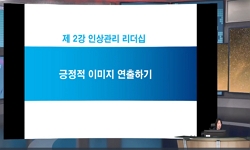George Eliot's novels explore the obstacles to sympathy her characters face. Chapter One discusses characters pursuing sympathy through service. Characters must balance their sympathy for others with their desire to escape their problems in charitabl...
http://chineseinput.net/에서 pinyin(병음)방식으로 중국어를 변환할 수 있습니다.
변환된 중국어를 복사하여 사용하시면 됩니다.
- 中文 을 입력하시려면 zhongwen을 입력하시고 space를누르시면됩니다.
- 北京 을 입력하시려면 beijing을 입력하시고 space를 누르시면 됩니다.
https://www.riss.kr/link?id=T12876617
- 저자
-
발행사항
[S.l.]: Purdue University 2011
-
학위수여대학
Purdue University English
-
수여연도
2011
-
작성언어
영어
- 주제어
-
학위
Ph.D.
-
페이지수
136 p.
-
지도교수/심사위원
Advisers: Margaret M. Rowe; Aparajita Sagar.
-
0
상세조회 -
0
다운로드
부가정보
다국어 초록 (Multilingual Abstract)
George Eliot's novels explore the obstacles to sympathy her characters face. Chapter One discusses characters pursuing sympathy through service. Characters must balance their sympathy for others with their desire to escape their problems in charitable works and even nationalism. Some characters find balance, others choose isolation. But that isolation suggests that, for Eliot, idealized service alone cannot create sympathy.
Chapter Two discusses Eliot's interest in criminal psychology. Characters must understand their behavior to overcome their crimes and learn sympathy. Yet, criminal mindsets undermine characters' understanding what they must change. Furthermore, some characters exaggerate their crimes. They wallow in guilt as unrepentant criminals are mired in their lack of reform. Thus, reforming criminal behavior into sympathetic social behavior rarely succeeds in Eliot's novels.
Chapter Three discusses Eliot's interest in self-sacrifice. Victorian literature idealizes martyrs. But in Eliot, self-sacrifice often leads to self-destruction, not sympathy. Selfish characters use self-sacrificing characters to justify their own failings. And martyrdom can become competitive, with one martyr rewarded while the other suffers. Readers are complicit in this competition, feeling more sympathy for one over the other. Only characters who both sacrifice for others and refuse to humiliate themselves actually create sympathy.
Finally, Chapter Four analyzes literacy's role in promoting sympathy. Victorians debated whether education and literature could improve sympathy. Writers were criticized for glamorizing violence. Eliot occasionally sensationalizes violence and vengeance, even in her educated characters. Their literacy often feeds their anger and violence. For Eliot, education does not innately create sympathy. Further, Eliot strives to create sympathy in readers, while not dictating what they feel, creating a very tenuous link between literacy and sympathy.











